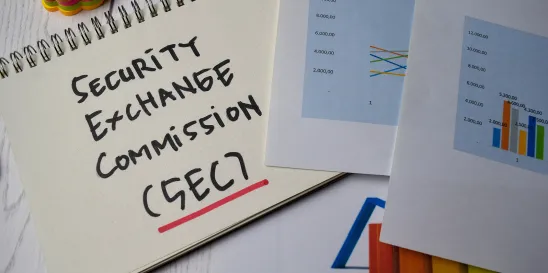On January 24, 2024, the SEC adopted new rules that apply to SPAC transactions and the adopted rules largely track the agency’s proposals with some notable exceptions. The new rules will become effective 125 days after publication in the Federal Register and will apply to transactions that are ongoing at that time, even if they commenced prior to the effective date. SPACs that may still be ongoing on the effective date, or any party considering a new SPAC transaction, should consider the impact of the new rules, which may raise a number of interpretive questions.
Among other things, the new rules will:
- require additional disclosures about SPAC sponsor compensation, conflicts of interest, dilution and the target company;
- require target companies in the de-SPAC transaction to be designated as co-registrants with the SPAC, subjecting the target company to liability for disclosures in the registration statement;
- deem that any business combination transaction involving a reporting shell company, including a SPAC, will involve a sale of securities to the reporting shell company’s shareholders for purposes of the Securities Act;
- exclude financial projections provided in a de-SPAC transaction from liability protection under the Private Securities Litigation Reform Act of 1995 (PSLRA), require disclosure of material assumptions and potentially other factor’s underlying projections;
- require disclosure of any legally required determination by the board of directors in a de-SPAC transaction whether the transaction is advisable and in the best interests of shareholders and any outside report, opinion, or appraisal received that materially relates to the de-SPAC transaction; and
- mandate a 20-calendar-day minimum dissemination period for prospectuses and proxy and information statements filed for de-SPAC transactions.
Although the agency dropped proposed rules that had been the subject of criticism on the underwriter status of participants in the de-SPAC and on the investment company status of SPACs, it provided new guidance largely supporting its relatively extensive views on the relevance of those regulatory regimes.
The SEC’s adoption of these rules follows a significant drop in the number of SPAC transactions from their height in 2021, as well as multiple sets of SEC guidance on SPAC transactions addressing many of the same issues as the new rules.






 />i
/>i

